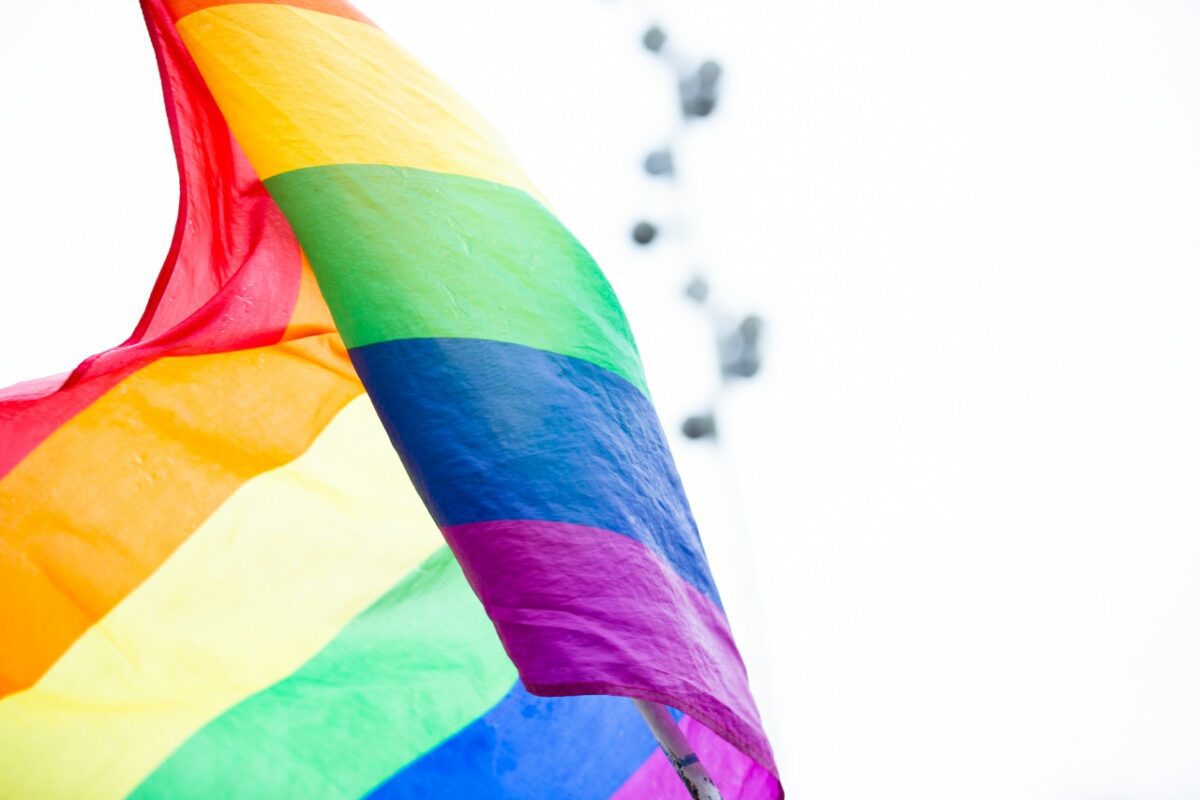1 in 5 workplaces do not have any policies to support LGBT staff

One in five (21%) workplaces told the TUC they do not have any policies in place to support their lesbian, gay, bi and trans (LGBT) staff at work, according to a new poll published today (Thursday).
The poll of around 1,000 HR managers – run for the TUC by YouGov and published today on the first day of the TUC’s annual LGBT+ conference – also found:
- Bullying and harassment: Only half (51%) of managers surveyed told the TUC they have a policy prohibiting discrimination, bullying and harassment against LGBT workers in their workplace. Less than half (47%) said they have a clear reporting route for workers to raise concerns about discrimination, bullying and harassment against LGBT workers – even though one in seven (15%) managers have responded to bullying, harassment or discrimination against one or more LGBT workers.
- Trans workers: Just one in four (25%) managers said that they have a policy setting out support for trans (including non-binary) workers who wish to transition to live as another gender.
- Family-friendly working: Less than half (47%) of HR managers told the TUC that they have family policies (such as adoption, maternity, paternity and shared parental leave policies) that apply equally to LGBT workers.
Of those HR managers whose workplaces that have LGBT policies in place, only around one in three (34%) have reviewed those policies in the last 12 months.
More than one in four (28%) can’t remember when they last looked at them.
LGBT pay gap
The most recent research suggests there is a 16% LGBT pay gap, meaning LGBT workers are effectively paid £6,703 less per year.
But the new poll revealed that only one in eight (13%) of the workplaces the TUC spoke to currently monitor the pay gap between LGBT workers’ pay and non-LGBT workers’ pay.
So, the TUC says it is unsurprising that only one in five (20%) managers said that they have a LGBT action plan to address inequalities identified through monitoring exercises.
TUC General Secretary Frances O’Grady said:
“Lesbian, gay, bi and trans people deserve to feel safe and to be respected at work.
“But it’s shocking so many workplaces don’t have specific policies in place to support their LGBT staff.
“Without these policies, too many LGBT workers experience bullying, harassment and discrimination at work.
“A step change is long overdue. Ministers must introduce a new duty on employers to protect all workers from harassment by customers and clients.
“And government should also introduce a statutory requirement for large employers to report on their LGBT pay gaps – in the same way they do their gender pay gaps – with action plans detailing how bosses will address these inequalities.”
Government action needed
The TUC is calling on the government to introduce a range of measures to support LGBT people at work, including:
- LGBT pay gap reporting: Ministers should introduce a statutory requirement for large employers to report their LGBT pay gaps and employment rates – with regular monitoring and action plans detailing how employers will address these inequalities. Polling suggests that the LGBT pay gap is around 16%.
- Protection from workplace bullying and harassment: The government must consult with unions on a strategy to make sure workplaces are safe for all LGBT people. As a minimum, the government should introduce a new duty on employers to protect workers from harassment by customers and clients.
Sector Response
Darren Hockley, Managing Director at DeltaNet International:
“Business leaders must create a culture where everyone understands discrimination and harassment will not be tolerated against any employee. All employees deserve access to a safe working environment, and policies to support LGBT staff are critical.
“Education is key to preventing workplace misconduct, such as harassment, bullying, and discrimination. Business leaders must prioritise all staff to take compulsory training with equality and diversity, preventing discrimination and harassment in the workplace, and courses on how to respect one another – this will help clarify the behaviour that employees adhere to while in the workplace.
“However, business leaders should reinforce this training with stringent internal policies. They must create policy documents highlighting the consequences for any customers, clients, colleagues or third parties who are guilty of harassing the employees, including policies on LGBT. It’s also critical to make the process easier for employees to raise grievances and challenge harassment, so this behaviour never gets repeated to another colleague or person in general. Employees must visibly see that their business leaders take harassment cases very seriously and recognise that any issues get tackled straight away, so colleagues feel comfortable raising issues and know what they say matters.
“Diversity and inclusion measures don’t just stop there. It also includes educating employees to be more aware of unconscious bias to help change viewpoints and build an inclusive culture. In addition, it should include implementing inclusive family policies such as adoption, maternity and parental leave, making it easier for LGBT workers to recognise their inclusion. Business leaders must also support the use of gender-neutral pronouns in the workplace and how its use can be effective in making LGBT employees feel more comfortable in the workplace.”











Responses